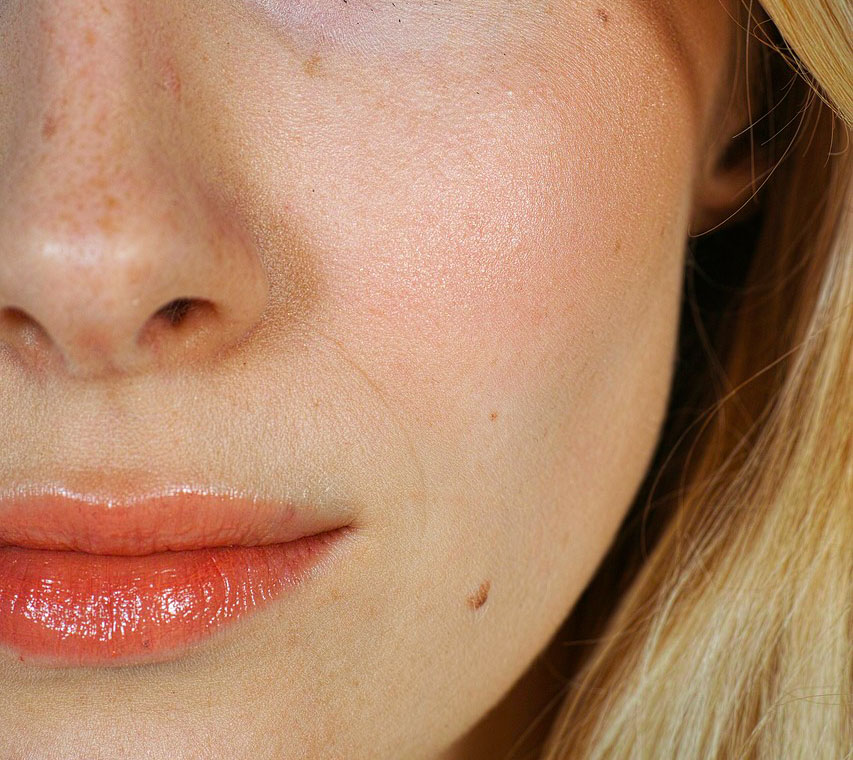Rhinoplasty, often seen as a cosmetic procedure, may be necessary for medical reasons.
These situations generally involve breathing problems or structural abnormalities of the nose that affect a person's quality of life.
Here are signs that a rhinoplasty (nose job) may be necessary for medical reasons:
Persistent breathing difficulties
One of the most common signs that rhinoplasty is necessary for medical reasons is difficulty in breathing properly through your nose. These problems may be due to:
- Deviated nasal septum: A deviated nasal septum, which is the wall between the two nostrils, can obstruct the passage of air and make breathing difficult. This may be congenital or a result from an injury.
- Turbinate hypertrophy: The turbinates are structures inside the nose that humidify and filter the air. Their hypertrophy (increase in volume) can block the airways, sometimes requiring surgery to reduce them.
Snoring and sleep apnea
Structural problems with the nose can contribute to snoring and sleep apnea, which can disrupt sleep and have serious health implications. Rhinoplasty can help correct the nasal abnormalities responsible for these disorders, thereby improving sleep quality and reducing the risks associated with sleep apnea.
Chronic sinusitis
Patients suffering from chronic sinusitis, characterized by frequent and long-lasting sinus infections, may also benefit from rhinoplasty. Structural abnormalities like nasal polyps or a deviated nasal septum may be contributing factors to repeated infections and can be corrected with surgery.
Injuries and trauma
Nasal trauma resulting from accidents, falls or sports injuries can lead to fractures or deformities of the nose, causing airway obstructions. In these cases, reconstructive rhinoplasty is often necessary to restore the function and appearance of the nose.
Congenital malformations
Some people are born with congenital nasal defects that affect breathing. These malformations may include abnormalities of the nasal septum, nostrils, or other internal structures of the nose. Rhinoplasty can correct these defects to improve respiratory function.


